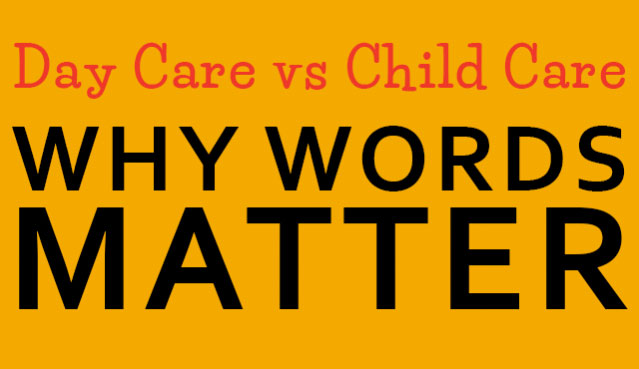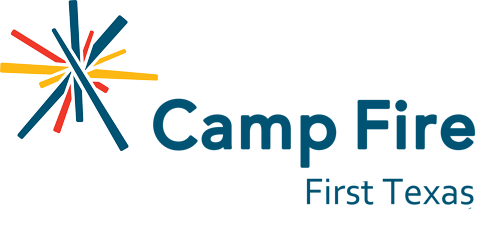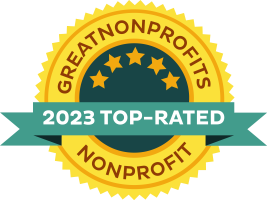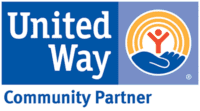
A recent study published in Science magazine detailed just how important quality child care affects adult health later in life. The study showed what we already know – children who receive stimulating and appropriate care from 0-3 years are proven to have stronger cognitive, social and reasoning abilities once they reach adulthood. As a bonus, the study also proved adults who received quality child care were also physically healthier than those who didn’t.
We want the best for our children; parents, educators, and the community at large. But what exactly does “the best” mean?
To start, we must do what we can to ensure our children are getting what they need—especially during the first few years of life when most (80% by age 3, 90% by 5) of brain development occurs. This means the experiences young children have repeatedly during these foundational years are literally building the brain. Wow—no pressure, but we have some important decisions to make here!
So what’s the big deal? Day care, child care – tomato tomahto. Unfortunately, this isn’t the case anymore. A quick google search of “day care vs. child care” will pull up a plethora of articles (mainly from child care professionals) discussing the differences between day care and child care.
Day Care is “daytime care for the needs of people who cannot be fully independent, such as children or elderly people.” This type of care focuses on keeping children safe while not in the home. Some examples of appropriate or effective day-care time might include the play center available at the local gym where you can drop your child off while you workout, or a babysitter who will watch your child during an evening out.
Early childhood education relates to “the teaching of young children up until the age of about eight, with a particular focus on education, notably in the period before the start of compulsory education.” This type of care focuses on nurturing a love of learning while also helping children learn about new concepts and develop skills—such as social-emotional ability (like getting along with others, and contributing to the community), language and math ability and physical skills (like using a pincher-grasp to pick up small objects or big muscles to jump up in the air). It is extremely important to note that this learning should happen in a caring, predictable environment with guidelines for expected behavior (as opposed to a harsh, punitive environment). Good early childhood education experiences respects how children learn and grow and offer learning through play experiences—purposefully guided by curriculum to make the most of this time.
Like anything, day care as a program and a term has its place—but as you now know, it is not the environment best suited to help children develop. Early childhood education (also known as child care and early care and education) is that place. Day care is not the best experience for children at sustained and regular intervals (such as all day 2-5 times a week or half a day 3-5 times a week) but more importantly, we diminish the work and the importance of the role an early childhood education program (or child care program) has in the development of our children when we refer to it as “day care.”
There is a place for day care, and there is a place for child care. We – the parents, the educators, the community—just need to know when.
 Lyn Lucas is the Chief Program Officer at Camp Fire First Texas. Her specialties include working with children in both the non-profit and for-profit sectors, managing school-age programs and NAEYC-accredited early childhood education programs. Lyn holds a Master of Education in curriculum studies and serves on the Texas Youth and Child Care Worker Association board.
Lyn Lucas is the Chief Program Officer at Camp Fire First Texas. Her specialties include working with children in both the non-profit and for-profit sectors, managing school-age programs and NAEYC-accredited early childhood education programs. Lyn holds a Master of Education in curriculum studies and serves on the Texas Youth and Child Care Worker Association board.






